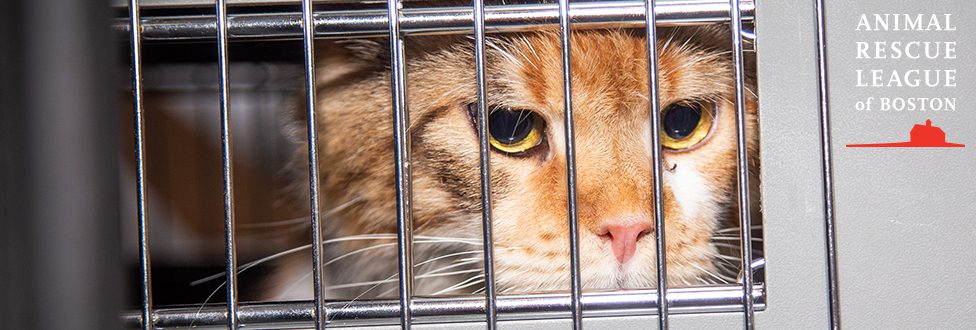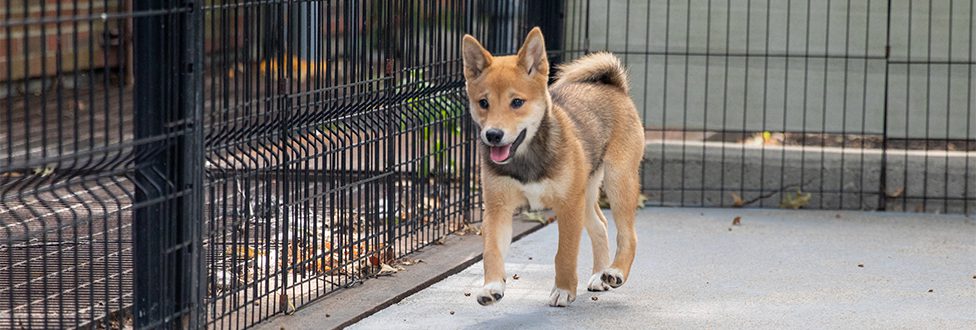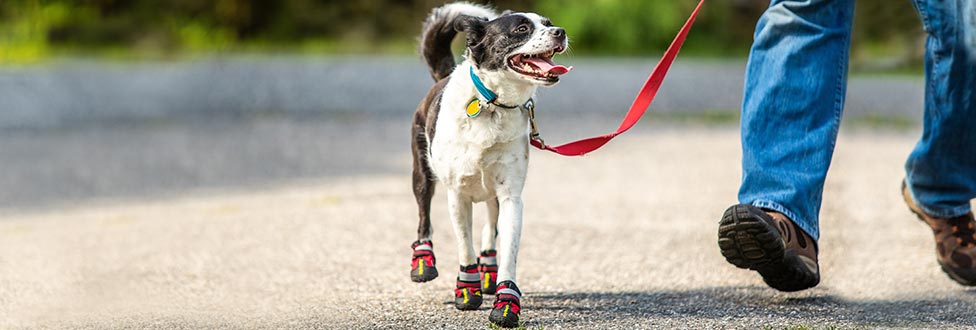ARL Offering Temporary Housing for Pet Owners Facing Eviction
Keeping pets and families together more important than ever
The Massachusetts eviction moratorium expired on October 17.
The Animal Rescue League of Boston (ARL) is now offering temporary housing assistance for pets whose owners may be forced to vacate their current living situation due to the impacts of the Covid-19 pandemic.
At the core of its mission, ARL believes in keeping people and pets together, and is offering temporary shelter for animals whose owners may be experiencing housing instability or may be at imminent risk of homelessness. This is an imperative service for individuals facing eviction due to the Covid-19 pandemic.
Any pet owner who is experiencing housing instability is potentially eligible for this service, however, priority will be given to existing clients of ARL’s Wellness Waggin’.
The first step in the process is to complete and submit this form.
Animal admissions are being coordinated through ARL’s animal care and adoption center management staff as space allows.
A prescreening process determines eligibility, and once accepted, the client is responsible for transporting the animal to the specified location.
The animal is held at the animal care and adoption facility temporarily to receive a veterinary exam and behavioral evaluation, and is then placed into a foster home.
Animals have a maximum 120-day stay within ARL’s foster care network, and pet owners must agree to parameters of conditional surrender to ARL including maintaining bi-weekly check-ins throughout the pet’s placement period.
Additional Resources
The Eviction Diversion Initiative (EDI) includes new programming and resources for tenants and landlords to avoid evictions and maintain household stability throughout the COVID-19 emergency. Learn more at Mass.gov.













